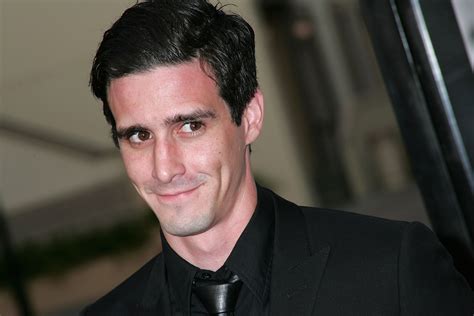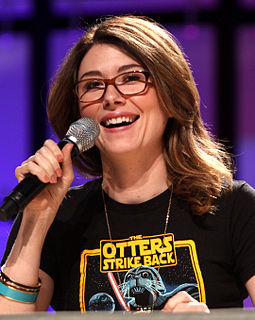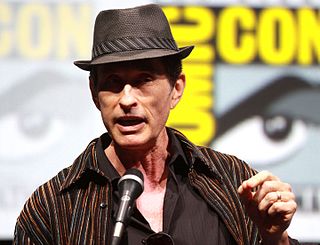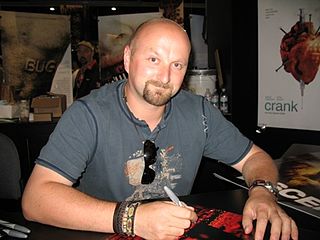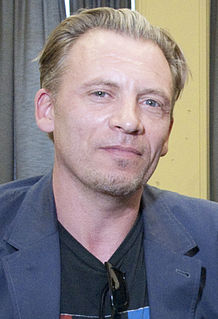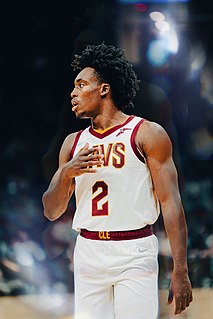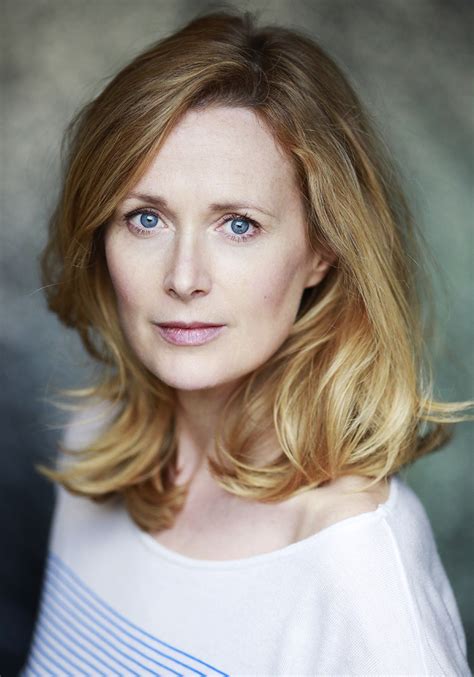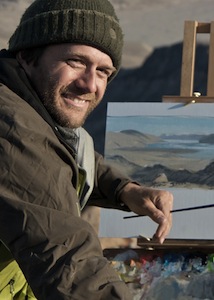A Quote by Michael Winterbottom
The great thing about not having a script is there's nothing you have to shoot that day. When you start filming, you can shoot anything you want. There's no pressure to shoot anything. Whatever interests you that day is what you're shooting. That's a big liberation that makes it more enjoyable and more relaxed. I think if you have that kind of framework it can make it a much more satisfying thing to work on and to watch as well.
Related Quotes
The only real difference between shooting 'Firefly' and 'Serenity' was that on 'Serenity,' we had a lot more freedom with time. When you're shooting a television show, you usually have anywhere between six and nine pages of script to shoot a day, and only twelve hours to do it. But with 'Serenity,' we could shoot one scene all day long.
Usually, I have in mind what I want to do. I shoot pretty economically, so I'm not shooting tons of stuff that I could change, all that much. I'll cut something or add a little something back, but not too much. This is maybe the producer part of me, but I'm always worried about the budget, so I shoot what I know I need to shoot for the film.
I like to use a bit of chaos when I shoot. I think it may be something from the way I shot my first film - I was very scared, of course, and I prepared everything, I wanted to make sure that the characters did the right thing at the right time on the storyboard. But then I realised that in life, there is so much more than what you can predict or write in advance, that when you shoot the story, it's good to leave some gaps where you lose control. I think this combination of chaos and organisation gives a kind of quality.

